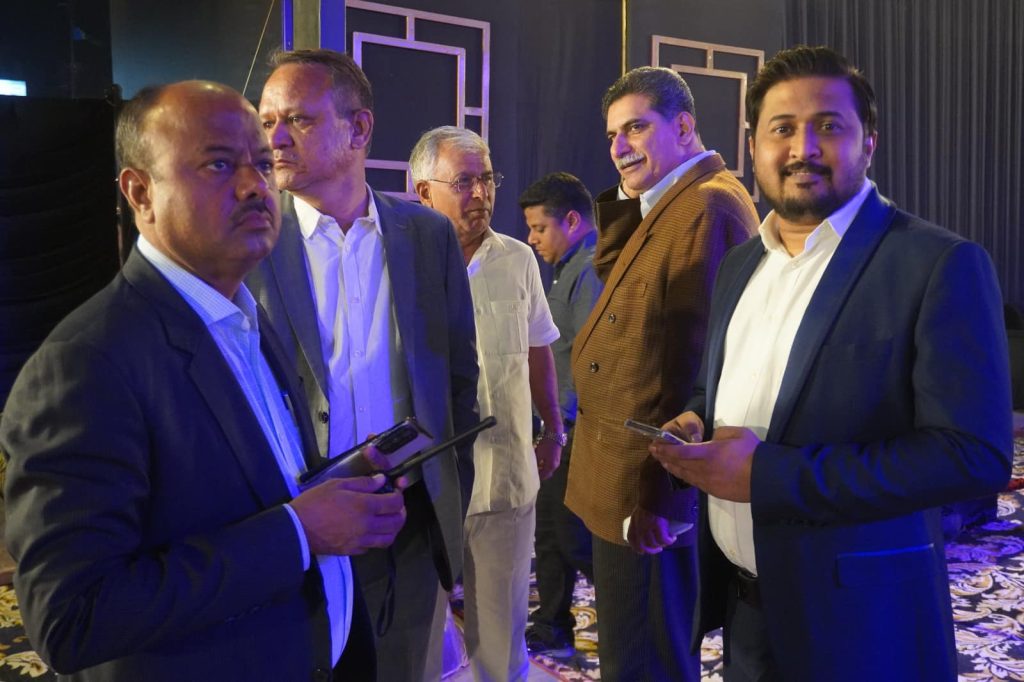Throughout Pakistan’s history, some of the biggest waves of change have started not in parliaments, but on platforms with a single mic and a powerful voice. The student movements of the 60s and 70s, civil rights protests, and even recent digital revolutions have proven that speech is the heartbeat of resistance.
Words have the power to mobilize, ignite, and challenge systems. From Faiz Ahmad Faiz reciting poetry of revolution, to today’s university students protesting in favor of academic freedom and against societal injustice, the pattern remains: meaningful speech inspires movement.
This blog examines how the right to speak is often the first right to be threatened in times of oppression. It explores how oratory, journalism, and poetry serve as weapons in nonviolent battles. It highlights the crackdown on student unions, the banning of speakers, and the chilling silence forced on many.
But in that silence, a spark remains. The power of speech lives in hashtags, open mics, college halls, and street corners. As long as someone holds a mic and chooses to speak, there is movement. And where there is movement, there is change.




